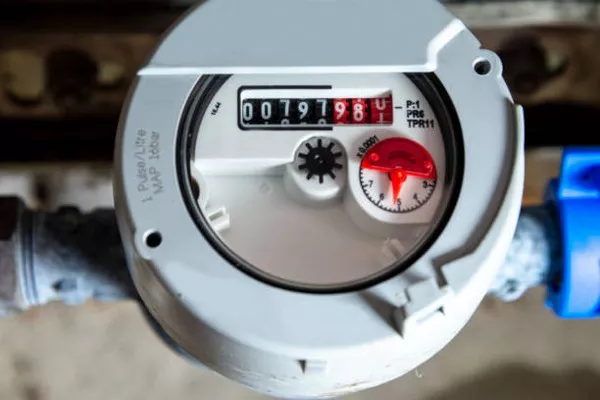Process control instrumentation is a critical component in various industries, playing a pivotal role in ensuring efficiency, safety, and quality in manufacturing processes. From chemical plants to power generation facilities, process control instrumentation is the backbone of modern industrial operations. This article aims to provide a comprehensive overview of what process control instrumentation entails, its significance, and its applications.
Defining Process Control Instrumentation
Process control instrumentation refers to the devices, systems, and equipment used to monitor, measure, and control industrial processes. These processes can encompass a wide range of industries, including manufacturing, petrochemicals, pharmaceuticals, and power generation. The primary goal of process control instrumentation is to maintain optimal operating conditions, improve efficiency, and ensure the quality and safety of the final product.
Key Components of Process Control Instrumentation
Sensors and Transmitters:
Sensors are the eyes and ears of process control instrumentation. They detect changes in variables such as temperature, pressure, flow, level, and composition. Transmitters then convert these measurements into electrical signals for further processing. For instance, a temperature sensor in a furnace might transmit data to a controller to ensure that the temperature remains within a specified range.
Controllers:
Controllers are the brains of the system. They receive input signals from sensors, compare them to a set point or desired value, and then send output signals to actuators to adjust the process variables. Proportional-Integral-Derivative (PID) controllers are commonly used to maintain precise control by adjusting the process in response to any deviation from the desired set point.
Actuators:
Actuators are devices responsible for executing the control commands from the controllers. These devices can be valves, motors, or other mechanisms that physically adjust the process conditions based on the signals received from the controllers.
Human-Machine Interface (HMI):
HMIs provide a user-friendly interface for operators to monitor and control industrial processes. They display real-time data, trends, and alarms, allowing operators to make informed decisions. Advanced HMIs may also facilitate remote monitoring and control, enhancing operational flexibility.
Significance of Process Control Instrumentation
Enhanced Efficiency: Process control instrumentation optimizes industrial processes, ensuring that they operate at peak efficiency. By continuously monitoring and adjusting variables, it minimizes waste, reduces energy consumption, and maximizes resource utilization.
Quality Assurance: In industries where precision is crucial, such as pharmaceuticals or semiconductor manufacturing, process control instrumentation plays a vital role in maintaining product quality. Tight control over variables ensures that the final product meets stringent specifications.
Safety and Environmental Compliance: Safety is a paramount concern in industrial settings. Process control instrumentation helps in the early detection of abnormal conditions, triggering automatic shutdowns or corrective actions to prevent accidents. Additionally, it assists in ensuring compliance with environmental regulations by minimizing emissions and waste.
Cost Savings: Through efficient control of processes, industries can achieve significant cost savings. Reduced energy consumption, minimized raw material wastage, and optimized production schedules contribute to a more economical operation.
Applications of Process Control Instrumentation
Chemical Industry: In chemical manufacturing, precise control of temperature, pressure, and chemical composition is essential for the production of high-quality products. Process control instrumentation enables the automation of complex chemical processes, ensuring accuracy and safety.
Oil and Gas: The oil and gas industry relies heavily on process control instrumentation to monitor and control extraction, refining, and distribution processes. Automated control systems help in maintaining optimal operating conditions and prevent hazardous situations.
Power Generation: Power plants utilize process control instrumentation to regulate parameters such as steam pressure, fuel flow, and turbine speed. This ensures the efficient generation of electricity and prevents equipment failures that could lead to power outages.
Food and Beverage: In the food and beverage industry, process control instrumentation is employed to monitor and control variables like temperature, pressure, and ingredient proportions. This ensures consistency in product quality and adherence to safety standards.
Conclusion
Process control instrumentation is the cornerstone of modern industrial processes, providing the means to monitor, measure, and control various variables to optimize efficiency, ensure quality, and maintain safety. From sensors and controllers to actuators and HMIs, each component plays a crucial role in creating a well-integrated system. As industries continue to evolve, the demand for advanced and sophisticated process control instrumentation will only increase, further enhancing the capabilities and efficiency of industrial operations.

